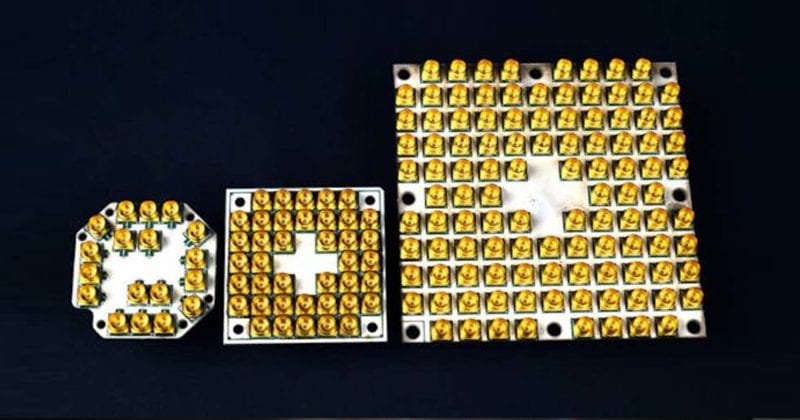For those who are out of the question, Qubit is a quantum bit simplification. In the current computation, we have as a base the “normal” bit, which, in the symbolic model created to facilitate our understanding, represents the value 0 or 1. Already a qubit can assume 0, 1 or a superposition of both values. This logic should enable quantum computers to solve problems in areas such as artificial intelligence and meteorology that would be complex enough to require years to be solved by traditional computing. Hence the subject has gained a lot of interest of the tech giants like IBM, Microsoft and Intel. It was up to Brian Krzanich, the giant chip maker Intel CEO, to introduce the chip. The technical details were not revealed, but the executive pointed out that the Tangle Lake, as the device has been called, is a 49-qubit processor. This is an important detail because it is a short time ago that the giant chip maker Intel has introduced a chip of 17 qubits. In addition, the project fuels rivalry with IBM, which is exposing at CES a 50-qubit quantum processor. For Krzanich, Tangle Lake will help Intel achieve “quantum supremacy,” an expression that refers to the point at which quantum computers will perform tasks that can not be performed by machines based on current technology.
The first steps have already been taken, but the path is long. Just to give you an idea, the giant chip maker Intel is already studying how to create a spin-based qubits processor, which can be replicated more easily because of its small size compared to the superconductors used by the industry. That’s because, when quantum computing is more developed, manufacturing scale issues will be among the major challenges.
MELTDOWN & SPECTRE
Quantum computing is a very interesting subject, but everyone wanted to know what the giant chip maker Intel boss had to say about the Meltdown and Spectre flaws. To the disappointment – but not to the surprise, probably – of who was at the event, Krzanich broached the subject casually. He commented only that there are no records of data loss or theft as a result of the flaws and that the giant chip maker Intel is committed to resolving the vulnerabilities. A group called Intel Product Assurance and Security is being created specifically to address the issue. So, what do you think about this new initiative which is taken by the giant chip manufacturer Intel? Simply share all your views and thoughts in the comment section below.
Δ


